Why Great Leaders Are Great Coaches
Marta had conquered her fear of public speaking and she could deliver a presentation to executive directors that knocked their socks off. Her self-confidence shone through in every situation. But one of her peers approached her to say she’d noticed that some members of Marta’s team were struggling. Marta, it seemed, had been so wrapped up in presenting herself as a powerful leader that she hadn’t noticed her team was floundering. She needed to learn how to bring out the best in other people, not just herself. In short, she needed to become a great coach.
Why Coaching Is a Core Leadership Skill
First, let’s establish the difference between managing and coaching. Being a great coach goes far beyond merely managing. Managers give directives. Coaches focus on empowering people to be self-directed. Coaches help people make transformational changes—which can turn them into leaders in their own right. They help people step into their highest potential by helping them practice the skills to excel.
Your ability to lead depends on your ability to coach. “Twenty-first-century managers simply don’t (and can’t!) have all the right answers,” write Herminia Ibarra and Anne Scoular in Harvard Business Review. “An effective manager-as-coach asks questions instead of providing answers, supports employees instead of judging them, and facilitates their development instead of dictating what has to be done.”
Organizations are moving away from “command-and-control” models and toward a coaching model—though many leaders substantially overestimate their ability to coach.
Let’s explore how coaching benefits your team in a bit more depth.
Benefits of coaching:
Instilling more confidence in your team.
Helping people surmount hurdles. They’ll learn to think critically and feel empowered to take action to overcome problems.
Building team morale. Your team members will learn to value their own leadership as they grow their skills.
Fostering a more inclusive culture, as everyone has the chance to excel.
Improving your ability to delegate confidently to your team.
Finding better solutions to team challenges. Leaders truly don’t have all the answers, especially in times of change. Instead, they need to draw out their whole team’s ability to solve problems interdependently.
The ability to problem-solve as a team becomes even more critical in challenging times. That means empowering everyone to voice and implement their best ideas. Each of these benefits will play a big role in enhancing team culture as well.
How to Become a Great Coach
Learning to coach your team members begins with building the right skill set. Adopting a solid structure for your coaching conversations will also make them more effective, and help your coaching be more fruitful in the long run. Here are some basic skills you’ll need to lay your foundation as a great coach.
Build these core coaching skills.
Showing empathy, asking questions that draw out employees’ insights, and helping them thrive under pressure will enhance your ability to coach others. Providing constructive feedback rather than just giving directives will round out your coaching skill set.
Empathy
Showing empathy creates the safety team members need to practice and grow their skills. Plus, empathy helps you stay attuned to your team members’ needs and respond to them. However, it’s also possible to get overwhelmed by the empathy you feel. In Self as Coach, Self as Leader, Pamela McLean asserts that building resilience fosters a healthy level of empathy. By engaging in new interactions and experiences that take you outside of your comfort zone, you’ll boost your ability to help others cope with a wide array of challenges without becoming emotionally exhausted yourself.
Curiosity
By asking great questions, you can help people arrive at the right answers. It’s an excellent way to give feedback and support your team without making them feel defensive. Here are some examples of great coaching questions you can ask:
Project-based questions:
What approach do you think might work well next time?
How are your emotions affecting the way you perceive this situation?
What does success with this project look like for you?
Career-related questions:
If we removed all barriers, what would you be doing in your career?
What are the next steps to move toward that goal?
What support do you need to take them?
Being curious about others’ perspectives will help you fine-tune your question-asking skills, and allow you to guide your individual team members more effectively.
Share feedback that people will feel empowered to act on. How? When providing support, remember that your team member still has ownership of the task at hand. Ask for their perspectives before giving your own. If you have a suggestion, ask how the employee feels about it. If they like the idea but seem unclear on how to begin, ask them to walk you through the process.
Ability to help others respond to pressure
“Mental skills” coaches help Olympic athletes respond to pressure, The New York Times reports. Use some tools from their toolbox:
Give your team member opportunities to deal with pressure in lower-stakes situations, which will prepare them for bigger ones.
Use imagery training, prompting your colleague to imagine how they will execute a task (like a presentation) beforehand.
Help your staff person loosen up before a big moment through laughter or physical movement.
Using these techniques will boost your team’s ability to work and innovate in tough situations.
Commitment to following through
Hold your team accountable for reaching their goals or learning from their mistakes. Simply being present with them week after week by checking in, truly listening, and guiding their success is critical.
Have a Go-to Structure for Your Coaching Conversations.
Adopting a go-to structure will make your coaching conversations more productive. The Center for Creative Leadership recommends the LACE method:
Listening to understand
Asking powerful questions
Challenging and supporting
Establishing next steps and accountability
With regular practice, you’ll do this naturally without mentally referring to an acronym, but this can serve as a good guide as you build your coaching skills.
As Marta focused on growing her coaching abilities and tuning into the needs of those she supervised, she saw her team flourish. People who seemed hesitant and confused now took initiative and spoke confidently. Everyone had greater clarity on how they could contribute to the team’s efforts. Marta saw how just taking time each day to talk with her team and use a coaching mindset had given them the support and encouragement to thrive.
Are you serious about developing a coaching approach in your leadership? Book a call with Amanda to learn how coaching and training can help to support your goals.
Sources
Center for Creative Leadership, “What It Takes to Coach Your People”
https://www.ccl.org/articles/leading-effectively-articles/what-it-takes-to-coach-your-people/
Harvard Business Review, “The Leader as Coach”
https://hbr.org/2019/11/the-leader-as-coach
Pamela McLean, Self as Coach, Self as Leader, 2019.
The New York Times, “An Athletic Coach for the Mind?”
https://www.nytimes.com/2021/08/05/well/move/mental-skills-coaching-olympics.html
TLNT, “5 Coaching Skills That Every Manager Needs to Have”
https://www.tlnt.com/5-coaching-skills-that-every-manager-needs-to-have/

